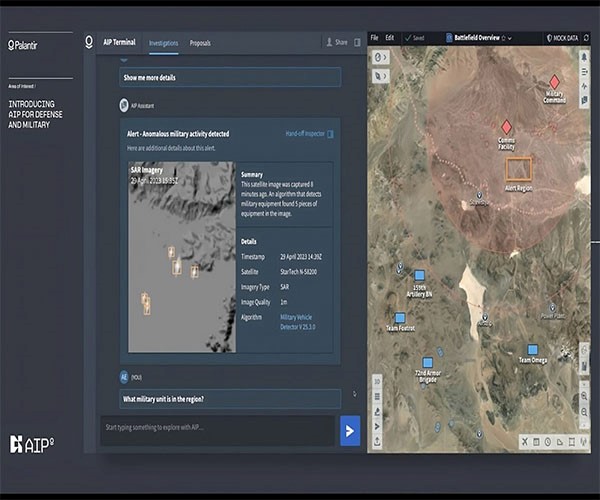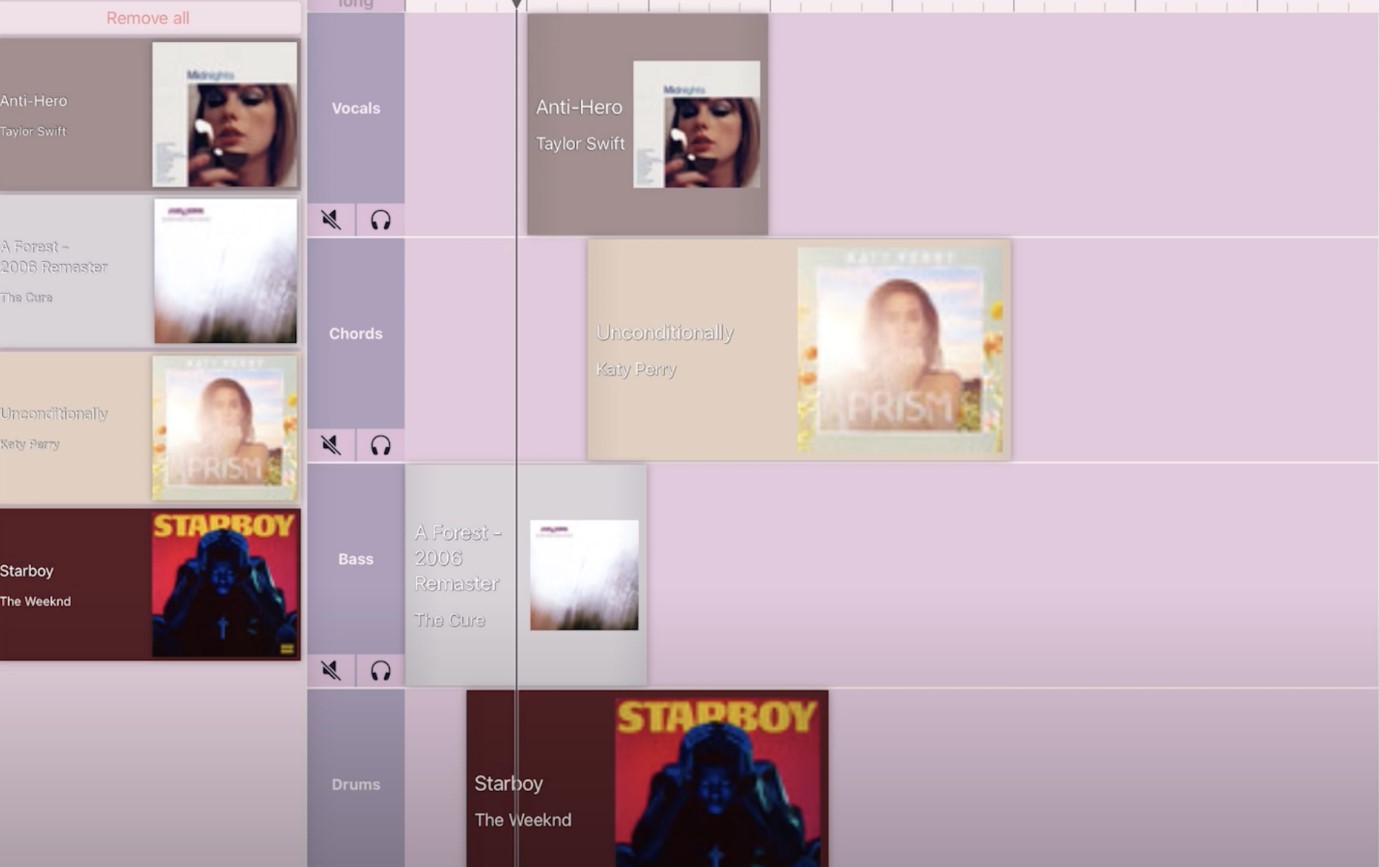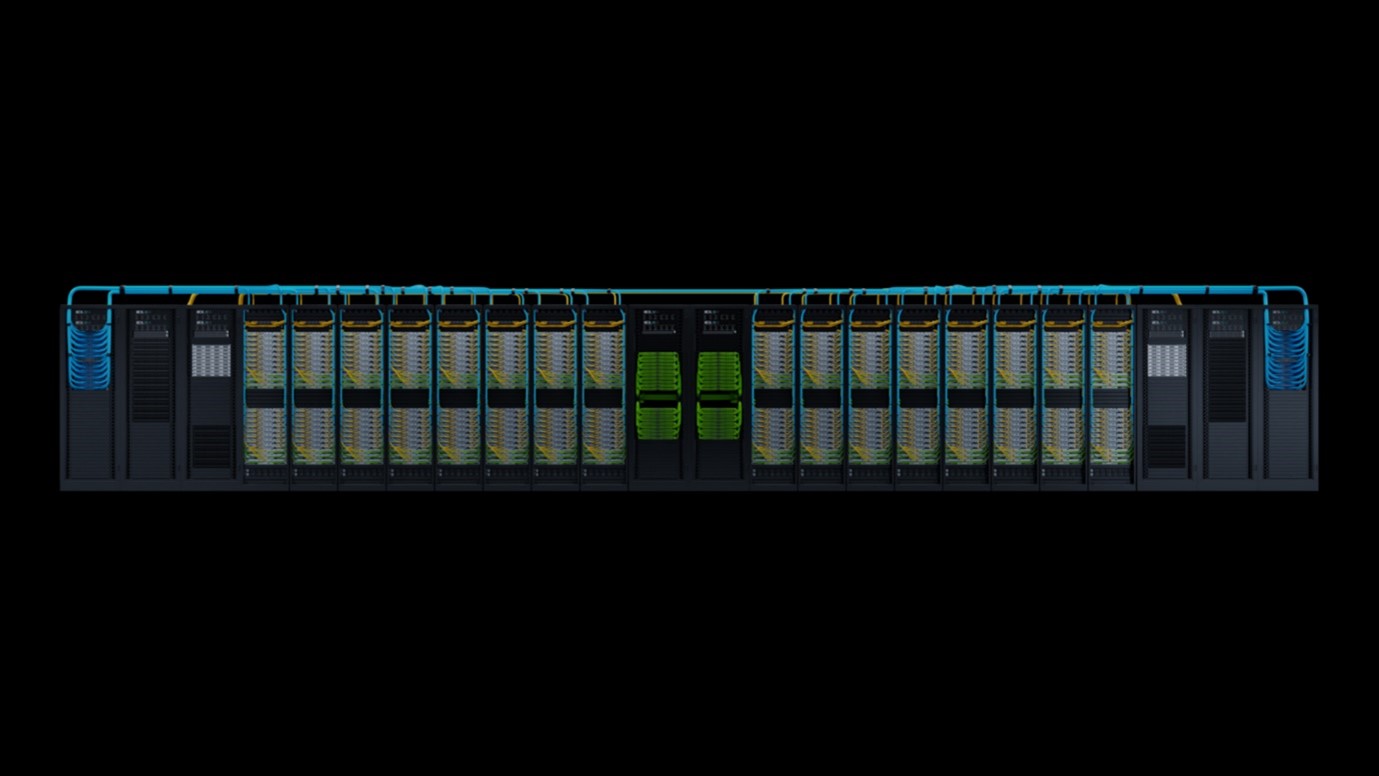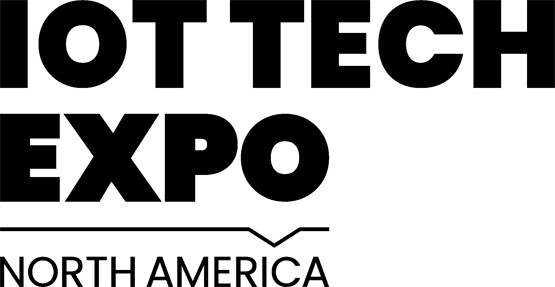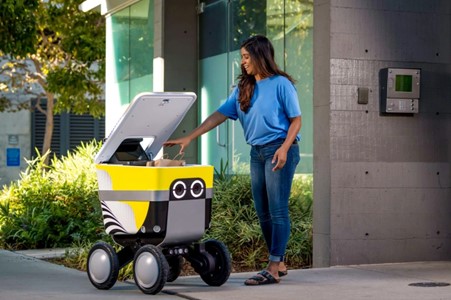Microsoft Connects Azure Machine Learning with Nvidia's AI Enterprise Suite
Enterprises will benefit even more from the integration of Nvidia's software package as they develop, release, and manage applications based on extensive language models.
Microsoft and Nvidia have announced the integration of Nvidia's AI Enterprise software suite with Microsoft's Azure Machine Learning service. This collaboration aims to assist enterprise developers in creating, deploying, and managing applications that leverage large language models. The integration provides developers and enterprises with a wide range of resources, including access to over 100 frameworks, pretrained large language models, and development tools. However, at present, the integration is only accessible through an invitation-only preview in the Nvidia community registry.

Figure .1 Microsoft Connects Azure Machine Learning with Nvidia's AI Enterprise Suite
Figure.1 shows Nvidia's AI Enterprise Suite is designed to accelerate the data science pipeline and simplify the development and deployment of production-level artificial intelligence (AI) applications. The suite encompasses various AI domains, including generative AI, computer vision, and speech AI. By integrating Nvidia's AI Enterprise Suite with Microsoft's Azure Machine Learning service, developers and enterprises gain access to powerful tools that facilitate the creation and implementation of AI solutions across different industries. This collaboration aims to streamline the entire AI development process, from data processing to model training and deployment.
In addition to its core functionalities, Nvidia's AI Enterprise Suite offers several specialized tools for accelerating and enhancing different aspects of AI development.
These tools include:
- Nvidia RAPIDS:This tool is designed to accelerate data science workloads, enabling faster processing and analysis of large datasets.
- Nvidia Metropolis:Metropolis focuses on accelerating Vision AI model development, assisting developers in creating and optimizing computer vision models for various applications.
- Nvidia Triton Inference Server:Triton Inference Server provides a standardized platform for deploying AI models, making it easier to scale and manage model deployments across different environments.
- NeMo Guardrails:This software helps developers enhance the safety and security of AI chatbots by adding protective measures and ensuring responsible usage of AI technologies.
Moreover, users of the AI Enterprise Suite will have access to Nvidia's team of experts and a dedicated support service, providing assistance and guidance throughout the AI development process.As part of their collaboration, Microsoft will offer Nvidia's AI Enterprise software suite on its Azure Marketplace, providing easy access to the suite for Azure users.
In addition to integrating the AI Enterprise software suite, the companies are also working together in other areas. Nvidia's Omniverse Cloud platform-as-a-service (PaaS) is now available on Microsoft Azure as a private offer for enterprises. Omniverse Cloud offers developers and enterprises a comprehensive cloud environment to design, develop, deploy, and manage industrial metaverse applications on a large scale. This collaboration aims to provide users with powerful tools and resources for creating and managing virtual environments and applications.
Nvidia has teamed regularly over the past few months with a number of IT firms, including Oracle, Google Cloud, ServiceNow, and Dell, to offer services for creating generative AI applications. Additionally, the chip manufacturer had announced in March that its DGX Pods, which power ChatGPT, will be made available in the cloud.[1]
References:
- https://www.networkworld.com/article/3696978/microsoft-integrates-nvidia-s-ai-enterprise-suite-with-azure-machine-learning.html
Cite this article:
Janani R (2023),Microsoft Connects Azure Machine Learning with Nvidia's AI Enterprise Suite, AnaTechMaz, pp.283


